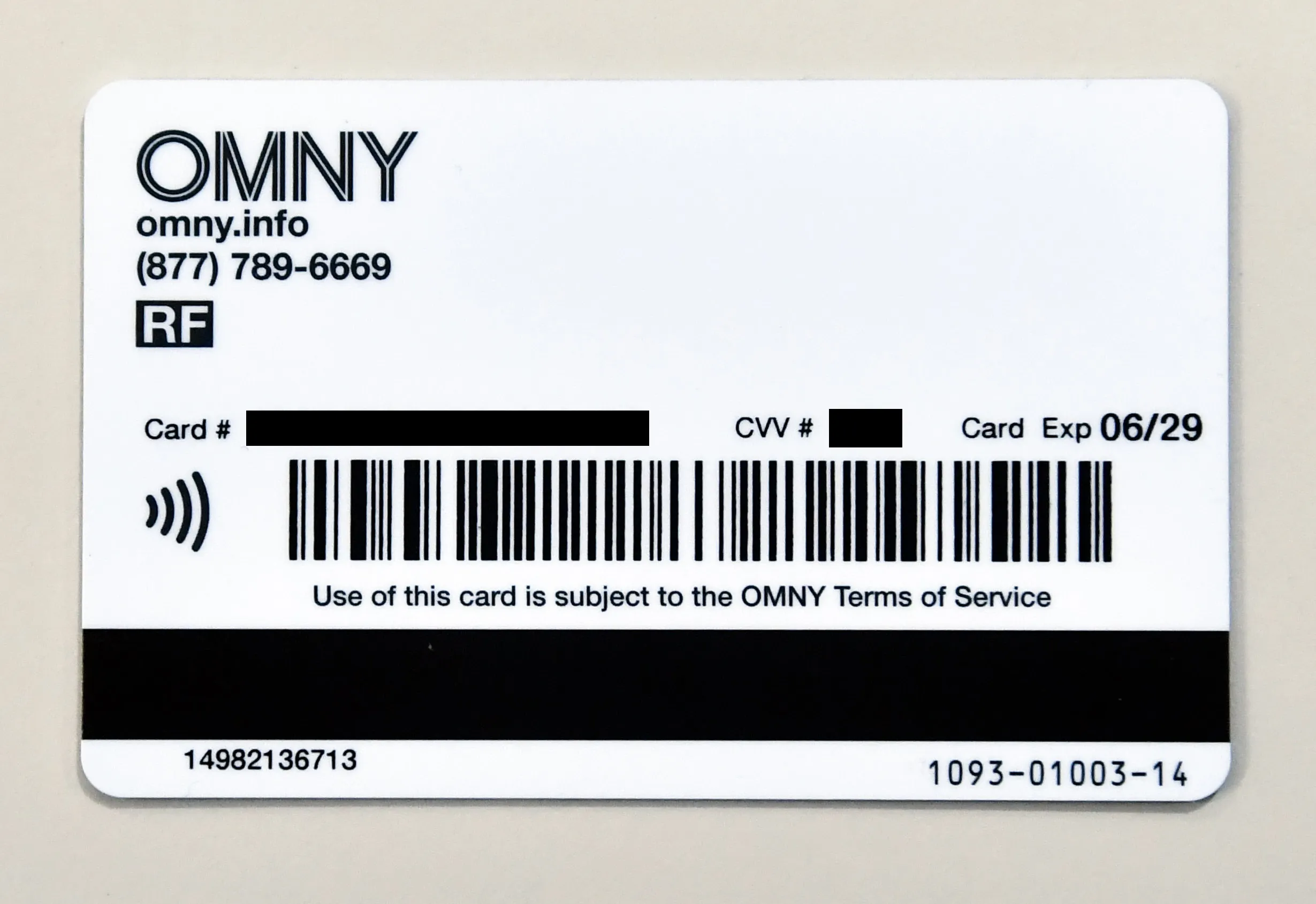
New York's Metropolitan Transportation Authority (MTA) says its tap-and-go fare technology is now available to nearly all riders on subways and buses with the conversion of 1.5 million 'reduced-fare' customers - who are over 65 or who have disabilities - from MetroCard to the fare-capped Omny card.
“Over 80% of full-fare customers have switched to Omny because they know it gives New Yorkers the greatest bang for the buck,” said MTA chair and CEO Janno Lieber. “It’s a major milestone that we can now offer to all reduced-fare customers who are some of our most frequent riders.”
MTA has begun mailing Omny cards directly to reduced-fare customers enrolled in the programme, which it says will provide "a seamless transition to the tap-and-go system".
The agency says Omny has been supporting the reduced-fare programme since October 2022 with 75,000 customers having registered their own bank card or digital wallet to tap-to-pay for their travel.
From early 2025, all reduced-fare customers will be able to apply in person at customer service centres and mobile vans throughout the five boroughs.
Students have already switched to Omny from 7-day MetroCards, with benefits including 24 hours a day, 7 days a week, 365 days a year use and up to four free rides a day.
“Reduced-fare roll-out marks an important milestone in full rollout of tap-and-go to all riders," said MTA Construction & Development president Jamie Torres-Springer. “We have restructured our contract to ensure better, faster, and cheaper delivery of this crucial service."
“The tap-and-go system makes it as easy as possible to pay your fare and more riders are switching to Omny every day,” said New York City Transit president Demetrius Crichlow. “Now reduced-fare customers can also enjoy the perks of seamless tapping all while we continue the work of delivering fast, reliable and safe service.”
"Ensuring reduced-fare customers can access all the benefits of Omny has been a top priority of mine since I started at the MTA,” said MTA chief accessibility officer Quemuel Arroyo. "From tap-and-go to fare capping, Omny gives older adults and customers with disabilities everything MetroCard did and more."







